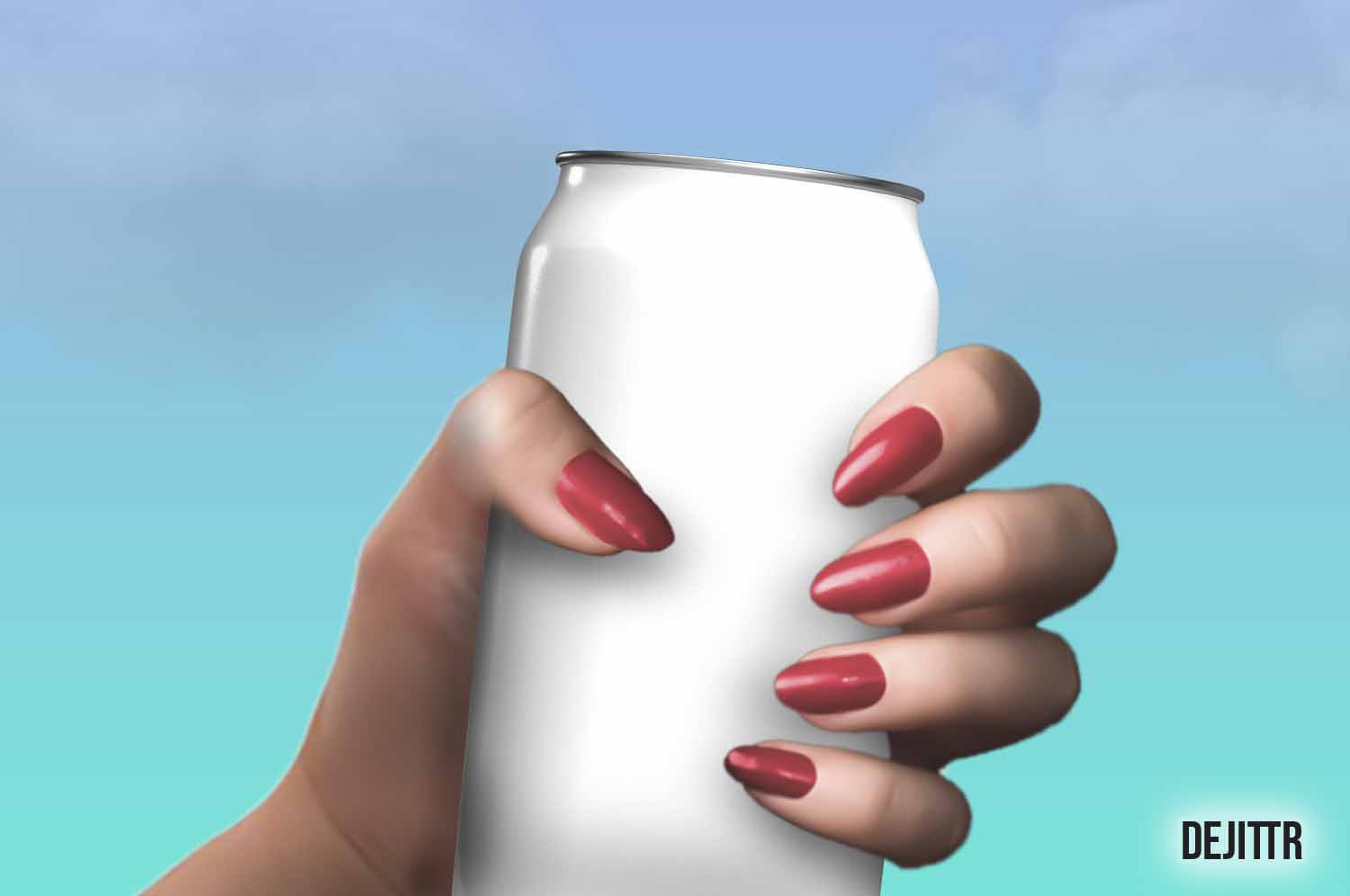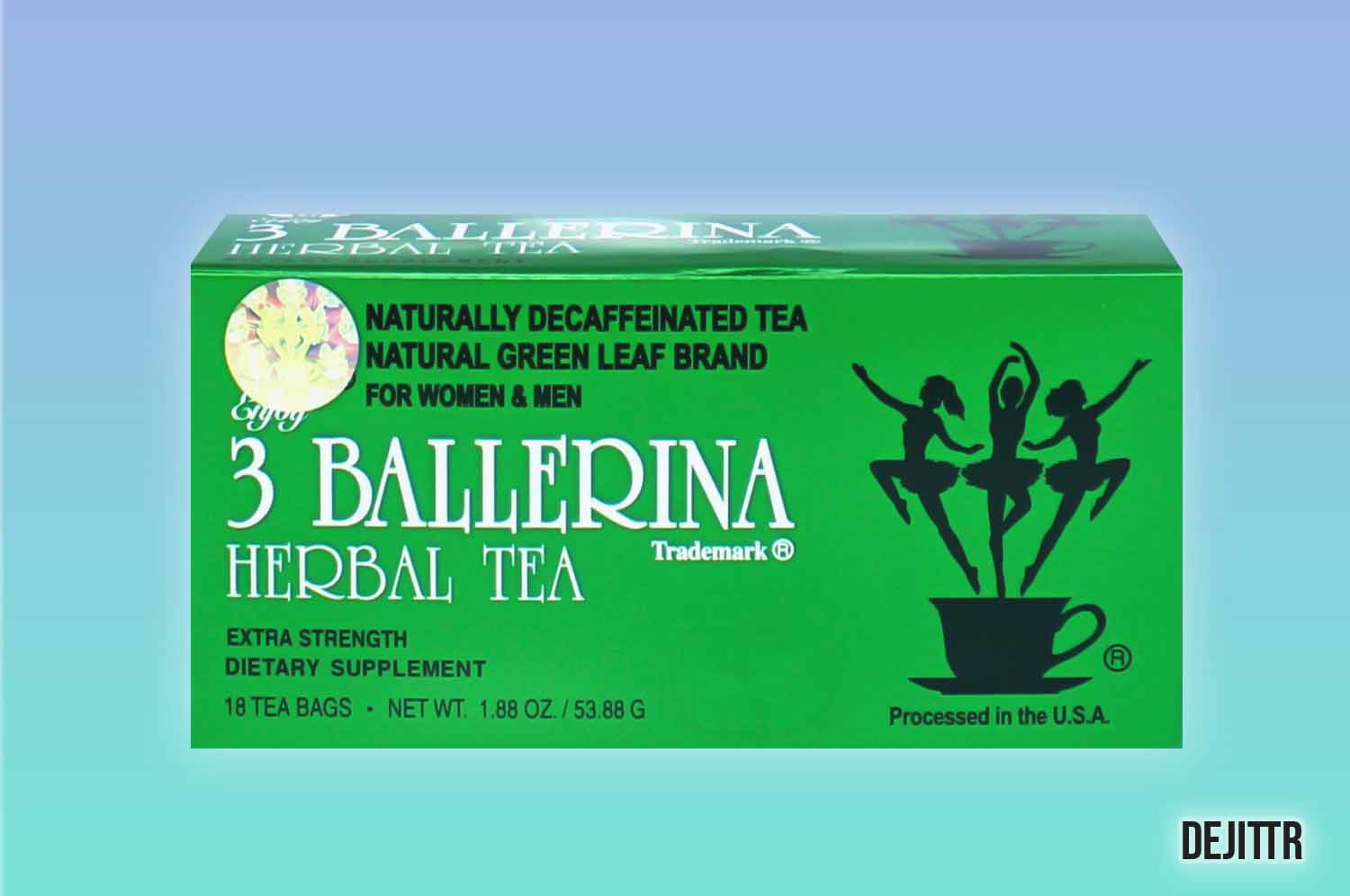If you’re a lover of sweets, there’s no doubt that you prefer your coffee with sugar. Now artificial sugar comes with a list of health complications. It might make your coffee taste sublime, but the risks involved will not do you any good in the long run. This is why you must know about natural sweeteners for coffee that won’t ruin the taste.
The most readily accessible natural sweetener for your coffee is undoubtedly honey or maple syrup. These condiments are found in most households, and it makes your coffee taste divine. It’s futile to say that they will taste the same as artificial sugar, but at the same time, they won’t ruin the taste. Besides being healthy, they’re great for your blood glucose concentration.
Recommended Resource:
One of the goals of our website is to demystify ingredients such as caffeine. We create fun-to-read, in-depth, and medically-backed topics that our users love. Here’s another super helpful resource when you’re done reading this article.
By using natural sweeteners, you’re also opening your doors to great new flavors. And once you’re introduced to different flavor combinations, you’ll know which one suits you the most. There are various options to choose from. And this is why I’ve made a list of different natural sweeteners for your coffee so that you don’t have to compromise the taste for your health.
How To Sweeten Coffee Without Sugar or Artificial Sweeteners?
Artificial sweeteners, as delicious as they may taste some are still not good for your blood sugar and overall health.
So how do you sweeten coffee without sugar and artificial sweeteners? There are various items to choose from, starting with honey, maple syrup, and many more.
Honey
My absolute favorite artificial coffee sweetener is hands down natural honey. Now before we go into details about honey, it’s important to know about the glycemic index. When it comes to white sugar, it has a glycemic index of 65. Now honey, on the other hand, reaches 58 on the GI scale. Thus, it’s a healthier option.
Honey is a product of honey bees. Bottled honey indeed goes through a lot of processing that might strip it of its benefits, but in the end, it’s still a healthier sweetener. Apart from being lower on the GI scale, honey is also rich in amino acids, vitamins, and minerals.
And if you can get your hands on the locally sourced raw unprocessed honey, you’ll be able to enjoy its health benefits to the fullest.
Maple Syrup
Maple syrup is another fan favorite; and a condiment that you will find laying around the house. Not only does it make your pancakes taste delicious, but it will also make your coffee taste amazing. When it comes to refining and processing, maple syrup does not go through much extensive process. So, the natural benefits remain intact for the most part.
Coming in at 54 on the GI scale, it’s lower than honey so better in that aspect as well. When it comes to taste, you might even taste some vanilla and a few nutty flavors. All in one, it’s a great alternative to artificial sugar.
If you’re fortunate to have maple trees on your property you pretty much have an endless supply of natural sweeteners right at your fingertips.
Date Sugar
Date sugar is just normal dates, dehydrated and crushed to granular forms. Due to the granulated texture, you might end up with a few residues in your cup but the taste is great! You can also use date syrup.
When it comes to the GI scale, date sugar has a range of 44-55. This is still lower than artificial sugar. But this range depends on the type of dates that are being used. Apart from that, dates are great for health and are high in fiber, potassium, iron, and even vitamin B.
It’s also to be noted that if you’re looking to use date syrup, you should also know that boiling the dates to make the syrup will also taste away some of its nutritious values. So, between the syrup and the sugar, I’d go for the sugar. For the flavors, you might be able to taste something similar to brown sugar.
Allulose – The Holy Grail of Natural Sweeteners
Allulose is a game-changer in the natural sweetener sector. It does not behave like other sweeteners, does not spike insulin and there is no aftertaste. And it tastes very similar, almost identical, to the normal artificial white sugar.
It’s a great natural sweetener for those who are unable to intake artificial sugars because of health complications. It is low in calories and has a negligible effect on one’s blood sugar. When it comes to its source, allulose can be found in dried fruits, brown sugar, and even maple syrup. We have already covered a great deal regarding maple syrup and its benefits as an alternative to artificial sugars.
Even though allulose might taste the same as sugar, it’s not as sweet. So, you’ll have to add more allulose to get the same intensity of regular sugar. Other than the sources listed above, allulose can also be produced in a laboratory.
The FDA has approved the use of this natural sweetener in many bakeries and even medical foods. So, it’s safe to consume without a sorry. There might be a few side-effects of allulose. But that’s only if you’re intaking too much of it. The abnormalities can range from bloating, and abdominal pain to diarrhea. But at the end of the day, it’s very safe to consume.
Top Natural Sweeteners
Allulose, Stevia, and Monk fruit are some of the top natural sweeteners. Not only are they healthier, but they also will not compromise the taste that you’re used to when you’re drinking your morning cup of coffee.
Allulose
As previously mentioned, Allulose is a natural sweetener and resembles white sugar. It’s mostly free in calories and has little to no effect on one’s blood sugar levels.
Stevia
Stevie is another alternative to table sugar but it tastes 300 times sweeter than the average artificial sugar. Even if it tastes sweeter, it’s healthy for you as stevia contains no carbohydrates or calories and is 100% natural.
Monk Fruit
Monk fruit sweeteners are great for diabetes patients as they do not increase blood glucose levels. And they taste sweeter than the average table sugar as well. Thus, it will rarely affect one’s insulin levels. It’s great for those wanting a healthier lifestyle and saves substantial calorie intake.
Some other honorable mentions of natural sweeteners which didn’t make the actual list are Erythritol, Xylitol, Yacon syrup
Recommended Read:
If you have ever wondered what type of impact artificial sweeteners have on the body, then check out the following article:
Artificial Sweeteners Explained: A Complete Guide to Sugar Substitutes
How To Make Coffee Taste Good Without Sugar?
Besides the already mentioned natural sweeteners, there are many other ways to sweeten your morning coffee. Here we’ll look at the more affordable options that we’ll find around the house. These include vanilla, mint, etc.
Vanilla Extracts
Vanilla extracts do not contain any sugar but they do taste some describe as sweet. You can try adding it to your morning cup of coffee and see how it tastes.
Mint
Mint is another great naturally sweet-tasting flavor that will go terrifically with your coffee. Just put some fresh mint leaves in your coffee and you’re set for the day. It’s cost-effective and gets the job done as well.
Cinnamon
Now this one gets a bit tricky. Cinnamon, like most spices, does not contain sugar or taste sweet. But as they are added to many sweet treats, your taste buds can be tricked into believing that you’re consuming those sweets thus tasting sweet.
People often ask many questions about coffee so I decided to put together a list answering the most asked coffee questions.
Drawbacks to Artificial Sweeteners and Sugar
Artificial sweeteners may at times help to reduce calories but in the long run, they can have major health complications such as diabetes, dental health, and even obesity.
- Obesity
It’s a no-brainer that too much intake of artificial sweeteners will cause weight gain. An average individual who consumes more artificial sweeteners has a higher BMI compared to those who stay away from too much of them.
Artificial sweeteners are also known to increase appetite. That’s why it’s no surprise that once you consume it, you’ll crave more of it.
- Dental Health
Oral bacteria give way to cavities being formed in your teeth. The bacteria that are responsible for cavities produce acid when these artificial sweeteners are present. As a result, you end up with cavities and severe toothache over time.
- Diabetes
Type 2 diabetes and similar health complications have a strong relation with artificial sweeteners as too much consumption of such changes your glucose metabolism to an extent. This causes a shift in the way you’d want your body to digest food or absorb sugar. And if you continue to overconsume; you’ll end up with excessive weight gain and health complications.
If you’re interested in a coffee alternative here’s a suggestion, give chai a try. Masala chai is a South Asian tea packed with flavor, richness, and many health benefits. Tradinationly it’s made with black tea which has caffeine, but it’s just as good in its non-caffeinated form.
Conclusion
That’s all there is to natural sweeteners for coffee that won’t ruin the taste. Once you try these alternatives, you won’t have to worry about going back to your old ways. These healthier options will change your life for the better.
Thank you for giving this article a read. Good luck and have a great day ahead!












